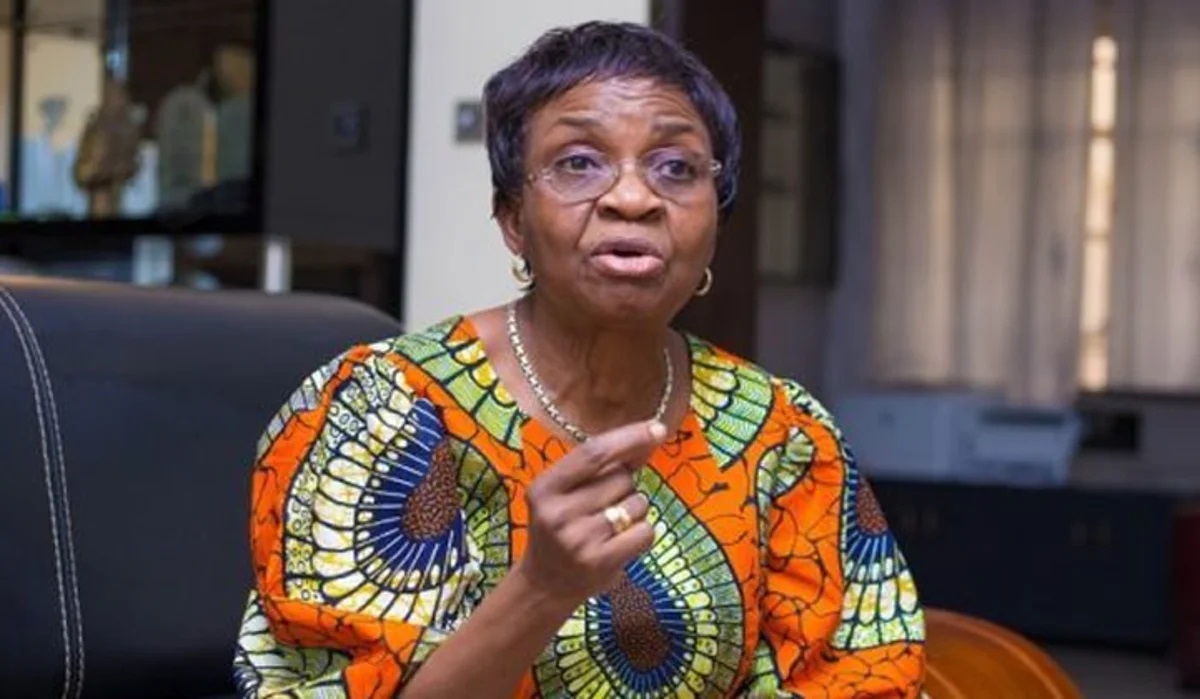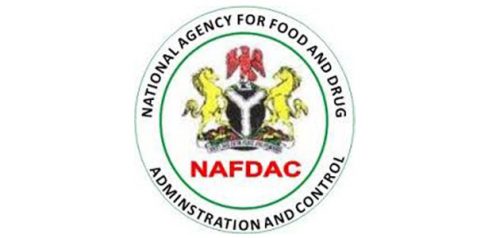COVID-19: We’ll continue hydroxychloroquine trials – NAFDAC

…As NCDC activates additional 2 labs, bringing total to 28
The National Agency for Food and Drug Administration and Control (NAFDAC) has said it will continue hydroxychloroquine clinical trials for COVID-19 treatment despite the suspension of the drug test by the World Health Organisation (WHO).
The Director-General of the agency, Prof Mojisola Adeyeye, made this known during an interview on Television Continental (TVC) on Tuesday.

Recall that the WHO had on Monday said it had ‘temporarily’ suspended the clinical trials of hydroxychloroquine as a potential treatment for COVID-19 over safety concerns.
It said the decision followed a study in The Lancet that the use of the drug on COVID-19 patients could increase their likelihood of dying.
“The Executive Group has implemented a temporary pause of the hydroxychloroquine arm within the Solidarity Trial while the data is reviewed by the Data Safety Monitoring Board, ” WHO Director-General, Tedros Ghebreyesus said.
Chloroquine is a synthetic drug introduced in the 1940s. It is a member of an important series of chemically related agents known as quinoline derivatives. Hydroxychloroquine is a related compound that was introduced in 1955.
Mrs. Adeyeye, however, said there are proven records that hydroxychloroquine has been effective in the treatment of COVID-19 patients.
This, she said, is most effective in those at the mild stage of the virus.
“There is data to prove that hydroxychloroquine worked for many COVID-19 patients.
“Therefore, we would continue our own clinical trials in Nigeria.
“Hydroxychloroquine has been proved to work at a mild stage. So the potency depends on the severity of the disease in the patient’s body,” she said.
“If medical doctors, research scientists, pharmacists, herbal experts work together, we should conclude the clinical trial in three to four months. The narrative might change afterwards but for now, we believe in hydroxychloroquine,” she added.
Meanwhile, the Nigeria Centre for Disease Control (NCDC) has activated additional two laboratories, bringing the total number of its laboratories to 28.
Dr. Chikwe Ihekweazu, Director-General of NCDC, told News Agency of Nigeria (NAN) on Tuesday in Abuja that the agency was pleased at the activation of the two laboratories for inclusion in its molecular laboratory network.
Ihekweazu said that the two laboratories were located at Afriglobal Medicare Laboratory in Ogun and the Sahel Centre for Molecular Diagnostics and Research, Katsina State.
He said that the NCDC had a testing strategy, adding that it was using the Polymerase Chain Reaction (PCR) to scale for the COVID-19.
“At the moment, the COVID-19 tests that we report daily are coming from the PCR. It detects genetic information of the virus, the RNA.
“PCR tests are used to directly detect the presence of an antigen rather than the presence of the body’s immune response or antibodies.
“By detecting viral RNA, the tests can tell whether or not someone has the virus very early,” he said.
Ihekweazu said that PCR remained the most accurate method to determine infection.
He noted that by scaling PCR testing to screen nasopharyngeal swab samples, the NCDC officials would get a better understanding of the level of spread of the virus.
He, however, noted that PCR tests could be labour-intensive, with several stages at which errors might occur between sampling and analysis.
“This is why the agency has focused on strengthening quality assurance in its network of laboratories.
“Countries have adopted varying strategies for COVID-19 diagnosis; in Nigeria, it is important that we get it right.
“Nigeria has its own national testing strategy for COVID-19 with detailed information on how we will ramp-up testing for various phases of transmission by leveraging existing technology.
“We are thinking ahead and also have plans in place to meet the demand for testing at various points of the response,” he said.
NAN reports that NCDC has more than one laboratory in some states such as Edo, Lagos and Kano.
The laboratories are at the NCDC National Reference Laboratory, FCT; Defence Reference Laboratory, FCT; Virology Laboratory of the Lagos University Teaching Hospital, Biosafety Level-3 Laboratory, Lagos State, and Irrua Specialist Teaching Hospital, Edo.
Africa Day 2020: Mass support from music stars as AU, AFRIMA fight COVID-19
The others are at the Nigerian Institute of Medical Research, Lagos State, Virology Laboratory of University College Hospital, Oyo State, Federal Teaching Hospital Abakaliki, and African Centre of Excellence for Genomics of Infectious Diseases, Osun.
It also has laboratories at the National Veterinary Research Institute, Vom, Plateau; Aminu Kano Teaching Hospital, Kano State; DNA Laboratory, Kaduna State; University of Maiduguri Teaching Hospital, Centre for Advanced Medical Research and Training, Usmanu Danfodio University, Sokoto, and Africa Centre of Excellence for Neglected Tropical Diseases and Forensic Biotechnology, Ahamadu Bello University, Zaria, Kaduna State.
The laboratory is also located at the Centre for Infectious Disease Research, Bayero University Kano; 54gene mobile laboratory, Ogun; 54gene mobile laboratory, Lagos State; 54gene mobile laboratory, Kano State; Mobile laboratory, Delta State; University of Port Harcourt Teaching Hospital, Rivers State University Teaching Hospital, Satelite Molecular Laboratory, and University of Benin Teaching Hospital.










